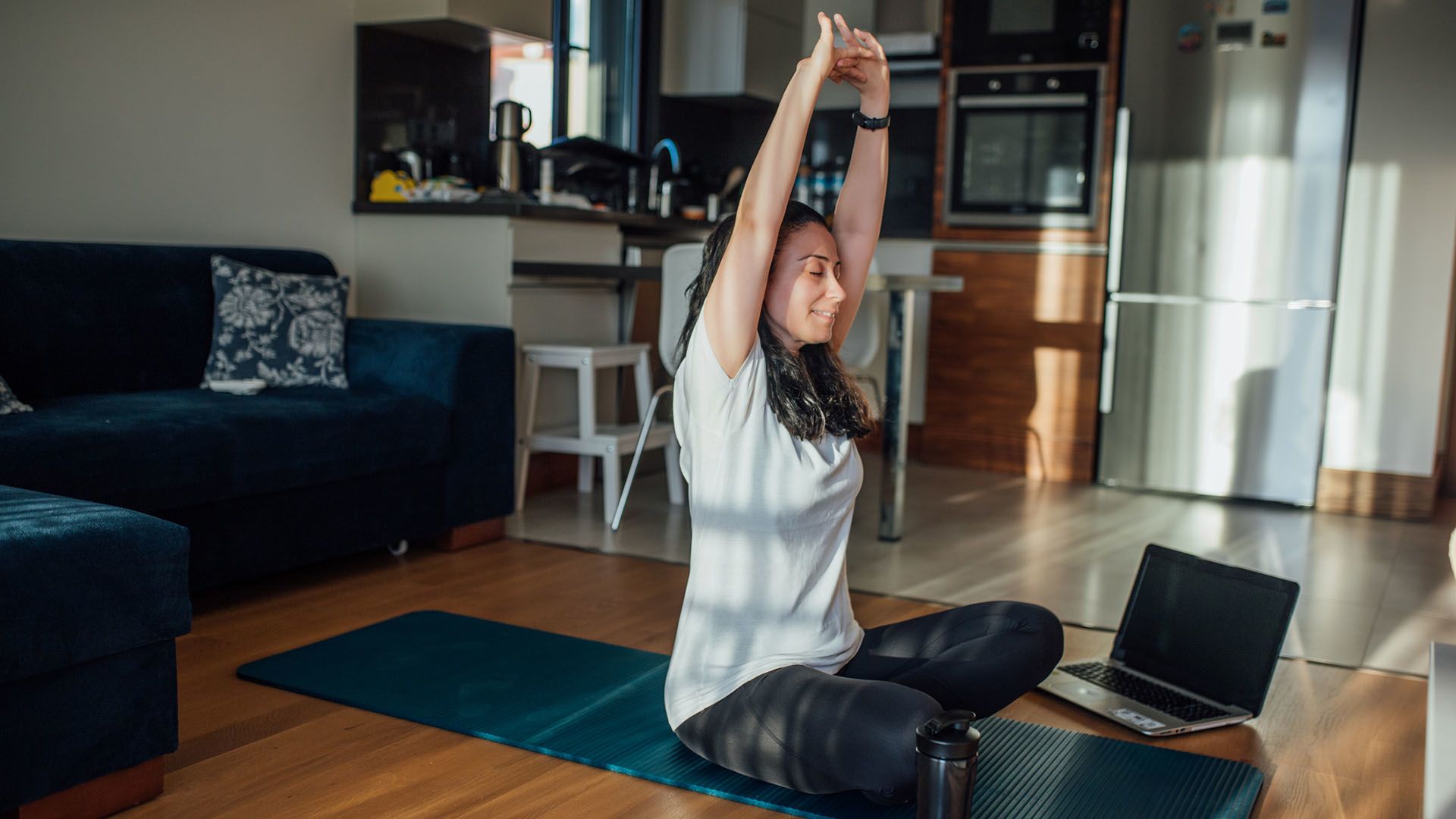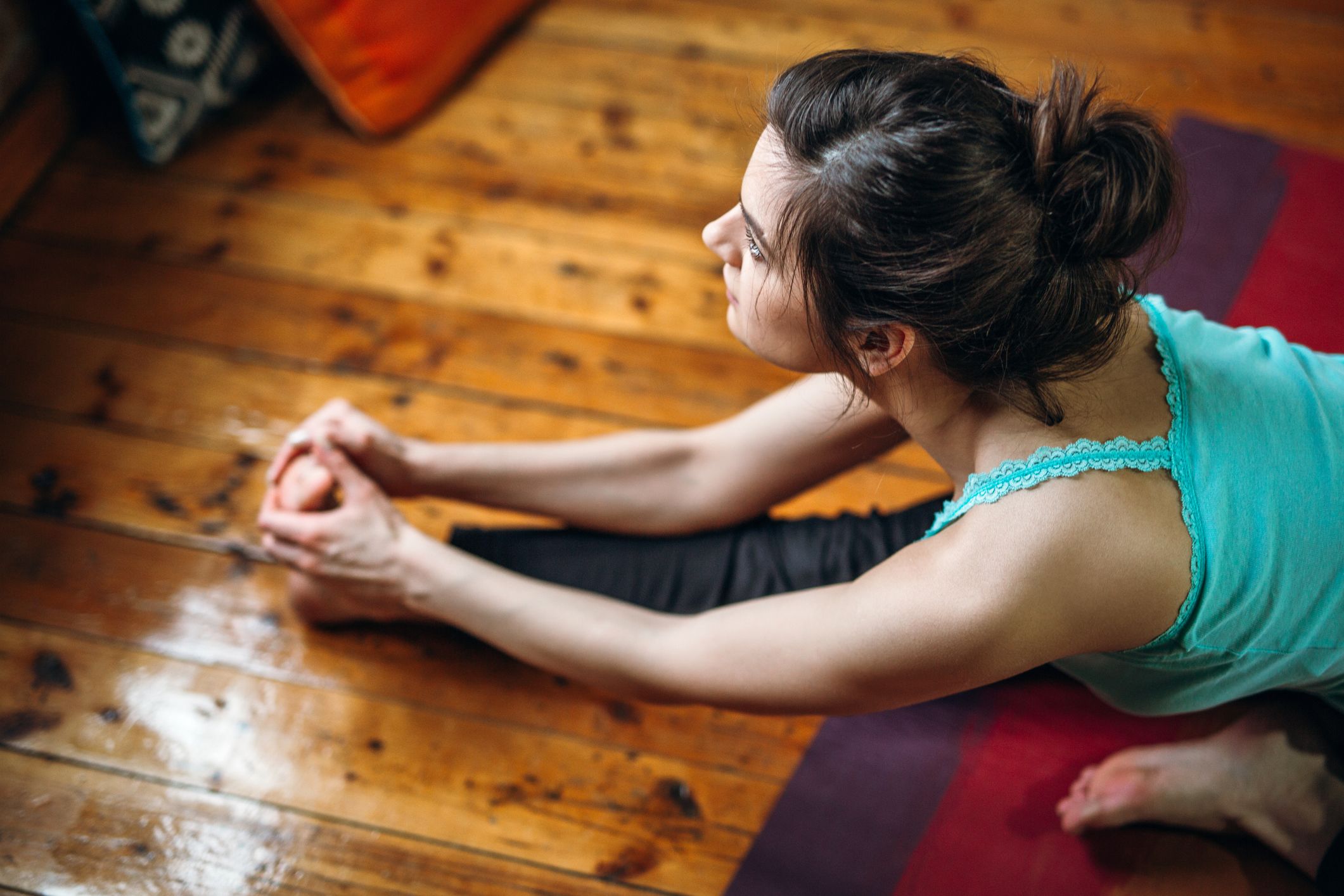Plaque psoriasis is an autoimmune disease that causes raised, red, scaly patches on the skin. It typically affects the outside of the elbows, knees, and scalp, though it can appear on any part of the body. Some patients report that psoriasis itches, burns, and stings. Many experts believe that to develop psoriasis, a person must have a combination of the genes that cause psoriasis, and be exposed to specific external factors that trigger the onset of the condition.
While psoriasis is considered a chronic disease, it can go away for long periods of time once a patient has established an effective treatment plan. But it can come back. This cycle of remission and return can be very frustrating, and may be one reason why psoriasis can detract from quality of life as much as other chronic illnesses such as heart disease, depression, cancer, and diabetes.
What patients can do
Dealing with psoriasis can be tough, but rather than become discouraged and withdrawn, psoriasis patients should continue to work with a healthcare provider to find a treatment approach that works. Treatment can vary depending on the patient, the severity of the psoriasis, and the location of the psoriasis. If psoriasis isn’t improving under the care of one provider, it is worth seeking a second opinion.
In addition, because stress can aggravate psoriasis flare-ups, take these steps recommended by the National Psoriasis Foundation to help reduce stress:
Meditate
Meditation triggers a relaxation response that improves the immune system’s healing response, clears the mind, and reduces anxiety. To meditate, start by sitting comfortably with your eyes closed for as little as five minutes. Breathe slowly and deeply, and focus on your breath. Let your thoughts come and go, and when you become distracted, return to your breath. Gradually increase the amount of time you spend meditating, but make it a daily or twice-daily habit.
Exercise
This is among the best tools the body has for naturally reducing stress, increasing circulation, and improving overall well-being. If you’re not already physically active, start by taking a daily walk for 20 minutes, then increase your time and/or add other fitness activities. You don’t have to exercise vigorously to receive the benefits; set a moderate pace and enjoy yourself.
Counseling or therapy
Find a counselor or a support group made up of individuals who understand the stress and frustrations that come with chronic illness. Sometimes, talking it out with people who truly get what you’re going through is just what the doctor ordered. If counseling is not enough to relieve your emotional symptoms, or if you’re experiencing depression and unrelenting anxiety, talk to your healthcare provider about other options, including anti-anxiety and anti-depression medications and treatments.
In addition, explore other avenues for self-care, like soothing baths and spending time outside. Hanging out in nature, even if it’s just on your balcony, in your garden, or at a local park can help you re-set your perspective, relieve stress and give your mind, body, and spirit a breath of fresh air.





